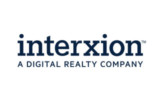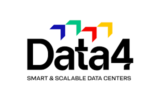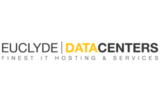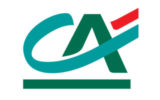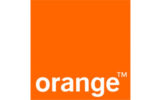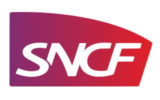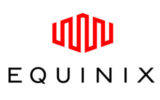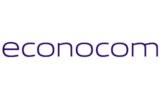In-house or outsourced IT hosting: understand the issues and make the right choice
When it comes to hosting IT infrastructure, it's not a question of good or bad decisions. To make the right choice, companies have to consider their history, needs and resources, and their short, medium and long-term strategy.
You need to take stock
The question of whether it is best to host your IT infrastructure in-house or to outsource it is a complex one, because it has multiple implications: technical, organisational, human and financial. Before you make a decision which will have significant consequences, it is crucial that you take stock.
First, you need to evaluate your existing arrangements: is your present data center obsolete or can it be optimised (premises, electrical power, cooling, etc.)? Has the hardware it hosts been upgraded? Is its surface area large enough to make it future-proof? And so on. As well as the condition of the data center, organisational and HR criteria also need to be factored in: which teams manage the data center and how skilled are they? Do the facilities management and/or the property department (building management) work together with the IT department (management of IT infrastructure and applications) to deliver global, coherent and effective management of the data center? Lastly, you will need to assess the company’s future needs: have any serious operating incidents, which will no longer be tolerable in the future, been reported? What are the expected levels of availability and performance? How, and by how much, can the data center’s energy bill be reduced? Is inter-site resource pooling an option? What capacity is needed in the short, medium and long terms?
Although it may seem obvious, this first step is crucially important because it allows you to assess all the possible options – building a new data center, upgrading existing facilities, outsourcing hosting – depending on the company’s constraints, challenges and needs. Once you have taken stock, it is vital, before making a decision, to know the implications of each envisaged option.
In-house data center: end-to-end control of your IT environment
Having your own data center means choosing to design, upgrade and operate your IT facilities yourself. In the short term, on a strictly financial and organisational level, if is certainly the costliest option. Indeed, as well as the costs associated with the building, multidisciplinary teams are essential to ensure the data center runs smoothly: IT operations teams of course, but also teams capable of supervising the smooth operation of technical infrastructure, including specialists in high and low voltage, building cooling, etc. Such versatile teams are not always easy to assemble.
Nevertheless, this option gives a company control of its IT infrastructure, and allows it to upgrade it depending on need and strategic choices without relying on a provider who may move into other business areas, be bought out, or quite simply not be able to meet a specific requirement for technical, organisational and/or commercial reasons. And in the long run, this option is not necessarily the most expensive…
Outsourced hosting: managed costs and flexibility
In a difficult economic climate, the choice to outsource hosting presents numerous financial advantages: no major investment, no teams dedicated to managing the building and smaller IT infrastructure operations teams, a temporary complementary solution, a controlled annual cost with no nasty surprises, etc.
However, before outsourcing its hosting, a company needs to weigh up the organisational and employment consequences. It is also vital that you choose a service provider that will be able to meet the company’s present and future needs. You should therefore prepare for a number of eventualities when signing a contract with any provider. The contract must, for example, make provision for reversibility and allow the company to carry out regular audits of the provider’s facilities and working methods, or to renegotiate capacity during the life of the contract (allocated surface area, power, etc.) and/or performance and service levels.
Whatever the terms of the contract, in the medium to long term the overall cost of outsourcing hosting is equivalent to and may even exceed the cost of an in-house data center. To make the right decisions, you need to compare all the costs and implications of each option, over a period of 5, 10 and 15 years.





